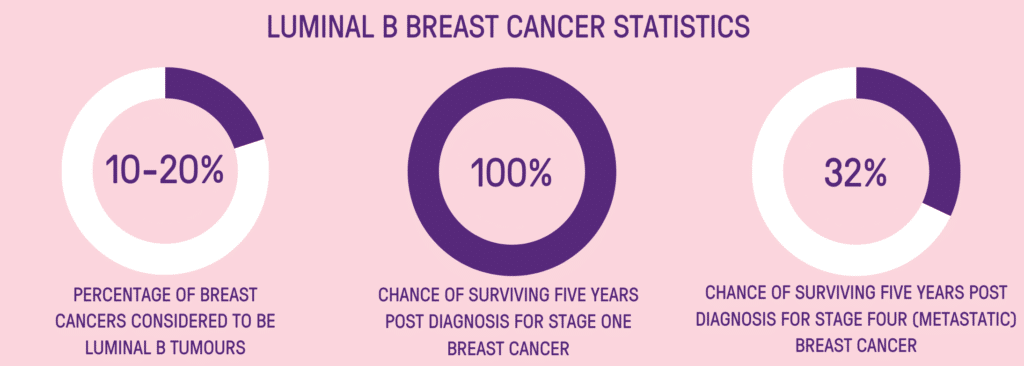Absolute Lymphocyte Count as a Predictor of Palbociclib Efficacy in Metastatic Luminal Breast Cancer
Breast cancer remains one of the most common malignancies worldwide and a leading cause of cancer-related deaths among women. Despite advancements in treatment, many patients with early-stage breast cancer experience tumor recurrence in distant organs, leading to metastatic luminal breast cancer, an incurable condition requiring lifelong management. Palbociclib, a selective CDK4/6 inhibitor, has significantly improved outcomes when combined with hormonal therapy for patients with estrogen receptor-positive, HER2-negative metastatic breast cancer. However, not all patients respond equally to treatment, and there is no universally accepted biomarker, aside from estrogen receptor positivity, to predict who will benefit the most.
Absolute lymphocyte count, a measure of circulating lymphocytes in the blood, has been recognized as a marker of immune function and a prognostic factor in various cancers. This study aimed to assess whether absolute lymphocyte count at the initiation of palbociclib treatment could serve as a predictive biomarker for treatment efficacy and patient survival.
Study Design and Patient Selection
This retrospective study analyzed data from 202 women with metastatic luminal breast cancer who received palbociclib in combination with hormonal therapy between December 2017 and December 2021. Baseline clinicopathological data were collected, including prior treatments, disease characteristics, and absolute lymphocyte count levels. The patients were divided into two groups based on their absolute lymphocyte count, with a cutoff value of 1800 cells/μL determined using statistical modeling.
The study evaluated clinical benefit rate, defined as achieving a complete or partial response or stable disease for at least six months. Progression-free survival, the time from treatment initiation to disease progression or last follow-up, was analyzed using Kaplan-Meier survival curves and Cox proportional hazard models.
Key Findings on Absolute Lymphocyte Count and Treatment Response
Patients with higher absolute lymphocyte count at treatment initiation experienced significantly better outcomes with palbociclib. The clinical benefit rate was 79% in the high absolute lymphocyte count group, compared to 60% in the low absolute lymphocyte count group. Similarly, median progression-free survival was 26.8 months in the high absolute lymphocyte count group, whereas it was only 8.4 months in the low absolute lymphocyte count group.
Multivariate analysis confirmed that absolute lymphocyte count was an independent predictor of treatment efficacy, alongside factors such as liver metastasis, performance status, and prior endocrine therapy. These findings suggest that immune system status, as reflected by absolute lymphocyte count, plays a role in response to palbociclib.
The Role of the Immune System in CDK4/6 Inhibitor Therapy
The study’s results align with emerging evidence that CDK4/6 inhibitors may influence the tumor immune microenvironment. Lymphocytes, particularly T cells, play a crucial role in anti-tumor immunity, and patients with higher lymphocyte levels may have a stronger immune response against cancer cells.
Liver metastases were found to be significantly associated with lower absolute lymphocyte counts and worse survival outcomes, which may indicate that liver metastases suppress systemic immune responses. Previous research has shown that liver metastases can reduce circulating T-cell populations, potentially weakening the immune system’s ability to combat cancer progression.
These findings suggest that absolute lymphocyte count could serve as a simple, non-invasive biomarker to predict which patients are most likely to benefit from palbociclib. Patients with low absolute lymphocyte count may require alternative strategies, such as combination therapy with immunotherapies or immune-boosting approaches, to enhance treatment effectiveness.
Further studies will validate these findings in larger cohorts and explore whether interventions aimed at improving immune function can enhance the efficacy of CDK4/6 inhibitors. Future research should also examine the integration of absolute lymphocyte count with other biomarkers to develop more precise predictive models for metastatic luminal breast cancer treatment.
To learn more, read this!: Absolute lymphocyte count predicts efficacy of palbociclib in patients with metastatic luminal breast cancer | BMC Cancer | Full Text


